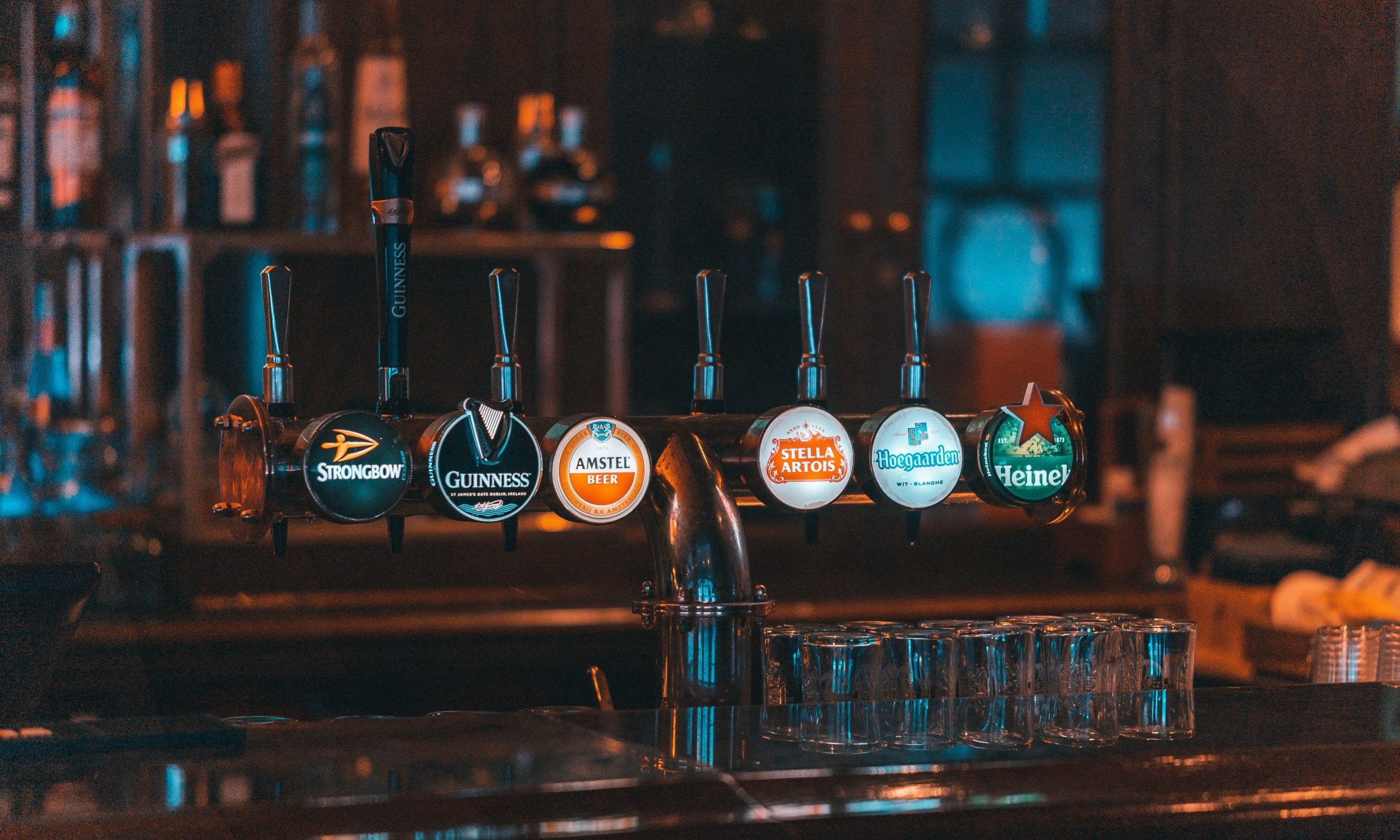Register to get 5 free articles
Reveal the article below by registering for our email newsletter.
Want unlimited access? View Plans
Already have an account? Sign in
The hospitality and catering industry experienced a hugely challenging few years during the height of the Covid-19 pandemic. With venues and events immediately closed and revenues devastated as a result, keeping the administrators at bay was about as much as most businesses could hope for.
However, as the UK returned to normality and lockdowns faded into business as usual, the sector has bounced back fast; increased tourism, rising demand for food delivery and more opportunity for eating out are all playing their part.
If we put a magnifying glass on the catering industry specifically, recent data from F&B research agency CGA suggest that contract caterers’ overall annual sales rose 18% between 2022 and 2023. It seems, therefore, that the industry has more than proved its resilience against an otherwise weak economic climate.
But savvy catering managers must be careful not to become complacent. After all, we’ve seen bubbles burst across multiple industries after periods of rapid growth, notably the tech sector in most recent memory. Operators should use this period of greater financial stability to put strategies in motion that will help prepare for the future, further maximise resilience, streamline unnecessary spending and improve sustainability performance.
A veritable mountain of waste
According to a study by AI technology business Winnow, commercial kitchens typically throw away between 4-12% of all the food they purchase. From plate scrapings and spoiled produce to shells, gristle and bones, the vast majority of waste is mixed in with general black bag waste.
However, with landfill tax rates in the UK now up to a dizzying £104 per tonne, waste is fast becoming one of the sector’s largest headaches, both from a financial and environmental perspective. But it’s not just an issue localised to the industry. Indeed, as a society, we waste more than 10 million tonnes of food every year in the UK. This is said to be collectively costing businesses an astonishing £4.8bn per annum.
Equally concerning are the environmental consequences, especially when you consider that rotting food waste releases greenhouse gas emissions considered 21 times more damaging to the ozone layer than carbon dioxide. In fact, if food waste were a country, it would be the world’s third highest polluter after China and the USA.
So, can the catering industry tackle such a pervasive problem, or is it the mercy of a financial and environmental burden that’s simply unpreventable? Is there an effective solution that could help to successfully offset bills while reducing the amount of food left to rot in landfill?
Improving sustainability while cutting costs: a piece of cake
Food waste recycling provides a simple, sustainable and cost-effective way to dispose of unwanted waste. The natural process sees food broken down in the absence of oxygen via anaerobic digestion (AD) to create renewable energy and sustainable liquid biofertiliser.
A truly circular process, nothing is wasted from start to finish. This means that food waste can be easily diverted away from landfill, with zero landfill tax charges to pay. For catering and hospitality businesses, this could see waste management bills reduced by a whopping 50%.
In addition to the obvious financial benefits, food waste recycling delivers positive environmental impacts too. By switching from traditional waste management solutions to food waste recycling, business owners can effectively eliminate the issue of greenhouse gas emissions from rotting food, while the use of renewable energy and biofertiliser offsets the need for fossil fuels and carbon-intensive traditional fertilisers.
All in all, adopting food waste recycling presents a win-win scenario. It not only allows businesses to reduce the financial burden attributed to food waste, but also offers an additional pathway towards more sustainable business practice.
Should we recycle everything?
With such obvious benefits, it would seem that food waste recycling should be the industry’s silver bullet solution. So why isn’t it? Well, in a nutshell, it’s because more than 60% of all food binned by hospitality and catering businesses across the UK needn’t have been wasted in the first place.
Thanks to over-ordering, poor stock rotation, unnecessary garnishes, supersized meals and wasted leftovers, businesses are effectively throwing money down the drain. But tackling this issue shouldn’t be a chore and, what’s more, it won’t break the bank. Here are some of the most common reasons for food waste and how they can be effectively tackled at source, before recycling even becomes necessary:
Avoid over-ordering – keep an updated inventory and regularly audit how much food you’re serving
Tackle stock organisation – implement a first-in, first-out system to prevent unnecessary spoilage
Audit storage systems – ensure storage solutions are effective to avoid perishables turning before they’ve been used
Use leftovers – transform excess ingredients into soups, sauces and stocks
Avoid supersizing portions – most patrons will waste a huge amount of excess food, so be mindful of portion sizes
Remove unpopular dishes – try halving menu size, removing unfavoured items and promoting local specialities
Offer doggie bags – encourage patrons to take leftovers home to avoid unnecessary food waste
Understanding how, where and why food waste arises and then using this information to take action at source is far and away the most effective and efficient first step to cutting down on food waste. Then, and only then, if there are unavoidable items left (such as bones, gristle, shells and spoiled produce), you can enlist a reputable food waste recycling service to fully eliminate food waste going to landfill.
Act now to unlock a more sustainable, lower cost future
As the catering sector continues to benefit from steady growth, operators should be looking to update their incumbent waste management practices and put a refreshed focus on sustainability. Tight overheads and increasingly stringent environmental legislation means that caterers should be looking at effective ways to cut unnecessary costs attributed to food waste and find alternative, sustainable methods of discarding food.
Eliminating food waste relies on a holistic approach. If properly implemented, food waste recycling offers a simple and effective solution for caterers looking to sustainably reduce overheads and remain market resilient, no matter which way the economy turns.



















